The court in Bulgaria now has the right to confiscate cars from drivers who were behind the wheel after using alcohol or drugs. According to the changes in the Penal Code, a vehicle can be confiscated when the driver has more than 1.2 promille of alcohol in their blood. 1 to 3 years in prison and a fine of 100 to 500 EUR are also envisaged. In addition, if the driver has already been convicted of driving while intoxicated, the car will be confiscated over crossing the 0.5 promille limit of alcohol in the blood, while sentences rise to 1 to 5 years in prison and the fine becomes 250 to 750 EUR. If you drive a car after using "narcotic substances or their analogues", the penalties are confiscation, 1 to 3 years in prison and fines between 250 to 750 EUR. In case of previous convictions, the penalty is confiscation, 1 to 5 years in prison and a fine of 250 to 750 EUR. If the offender is not the owner of the driven vehicle, they would pay a sum equivalent to its value.
Bulgaria was one of the few countries in the EU, not confiscating the vehicles of drunk or drugged drivers, Diana Rusinova, an expert from the European Center for Transport Policies, has told BNR.
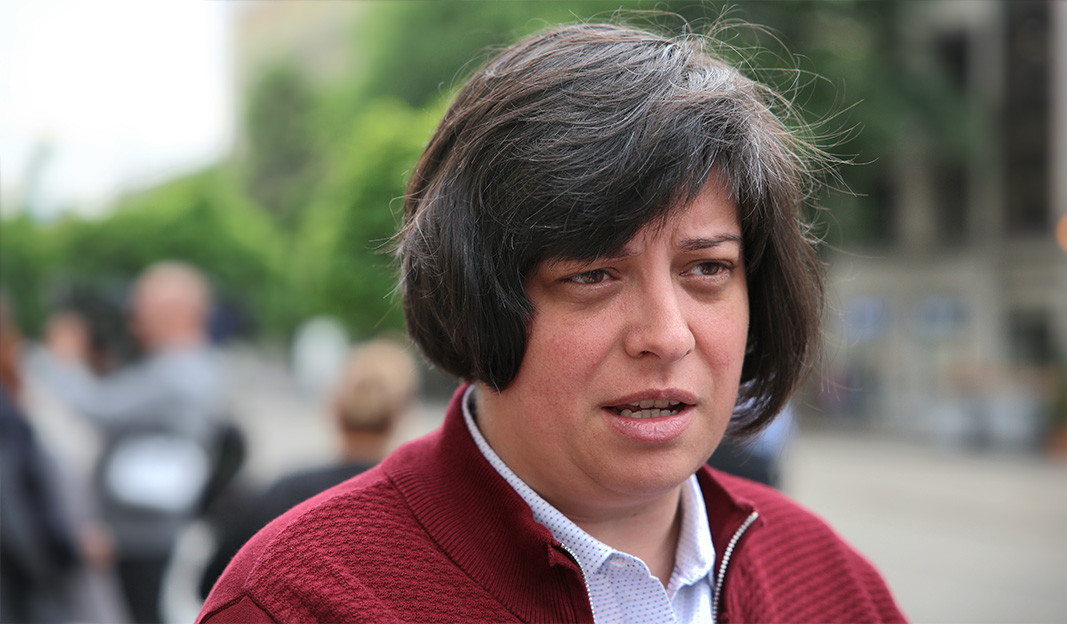
"The concerns of drivers when it comes to cargo are reasonable to some extent. This is a measure that has been introduced in Europe and colleagues from other countries in the European Union have faced similar challenges,” Rusinova says. “In my opinion, we should not say that this is a bad measure and that our MPs have not done their job properly. On the contrary, they did their job but after a very long delay."
Former minister of interior and now lawyer, Emanuil Yordanov, also commented on the topic of the introduction of stricter sanctions for drivers under the influence of alcohol or drugs, including the possibility of having their vehicle confiscated:
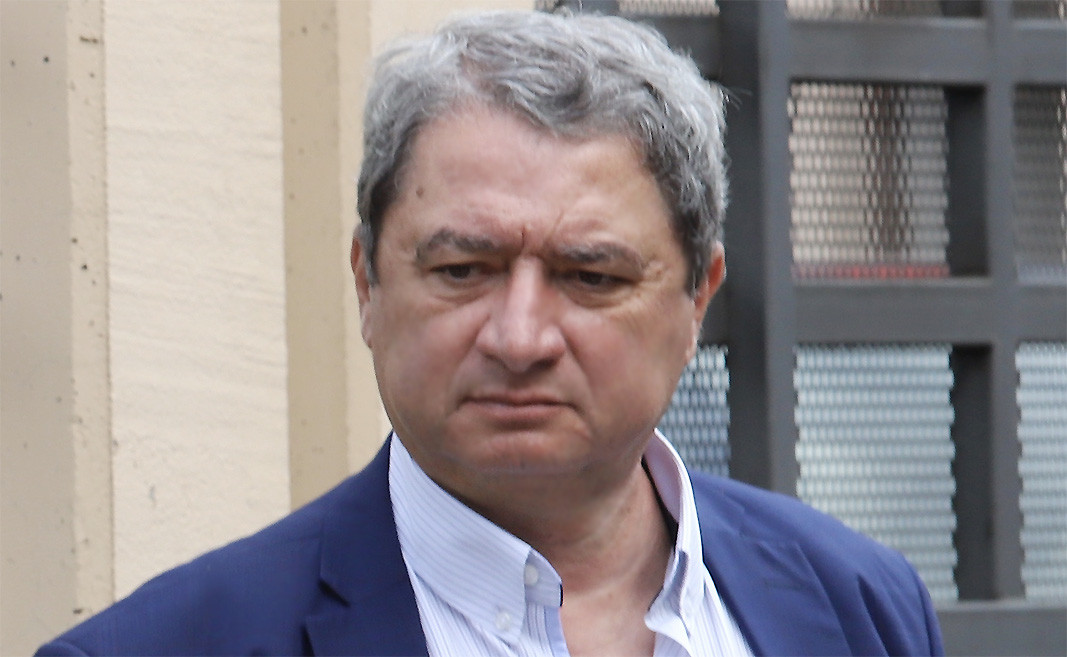
"The Ministry of the Interior is carrying out orders that should come from the prosecutor's office," Yordanov pointed out. “I would like to ask the people in the National Assembly if they have heard of the presumption of innocence, which is part of the Constitution and the Penal Procedure Code. Confiscation can happen in case of a committed crime and we can speak about such a thing only after a court’s sentence. Now we are going to see the kind of trouble such an ill-conceived text will bring. Various related proceedings will start. In the end, it is very possible that the state would have to pay big sums," Emanuil Yordanov says firmly.
Krassimir Gadzhokov, a long-time information security consultant at the second largest Canadian communications company, shares his observations on how the problem with such drivers was solved in Canada:
"Methods that focus on people. There will always be corruption but the point is that it should be minimal. In Canada, I have not heard of anyone even thinking of bribing a police officer. This is an absurd. This is a different culture, which can be seen in all areas of society, not just in driving,” Gadzhokov says and adds:
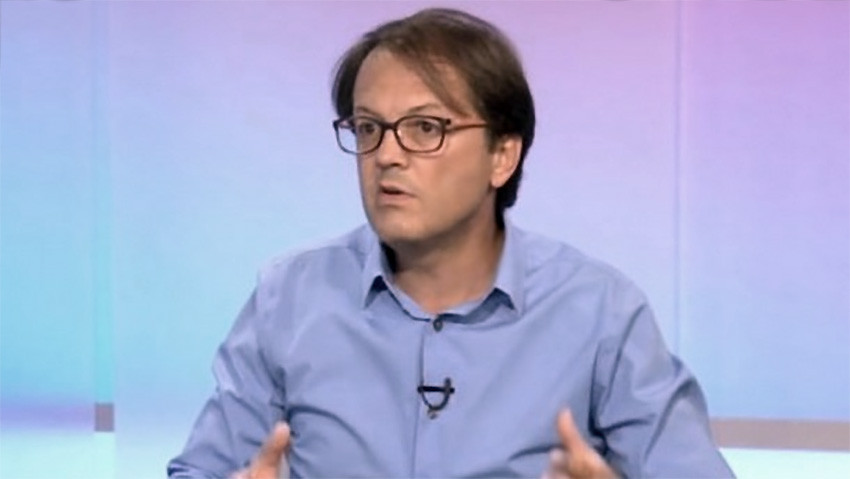
"In Canada, the penalties for driving under the influence of an intoxicating substance, including alcohol, are severe," he points out. “For a first offense, the fine is 1,000 dollars. For a second offense, a criminal case is opened and if it is won by the state - the culprit is sentenced to 30 days in prison. We are talking about a second offense, for alcohol above 0.8 promille".
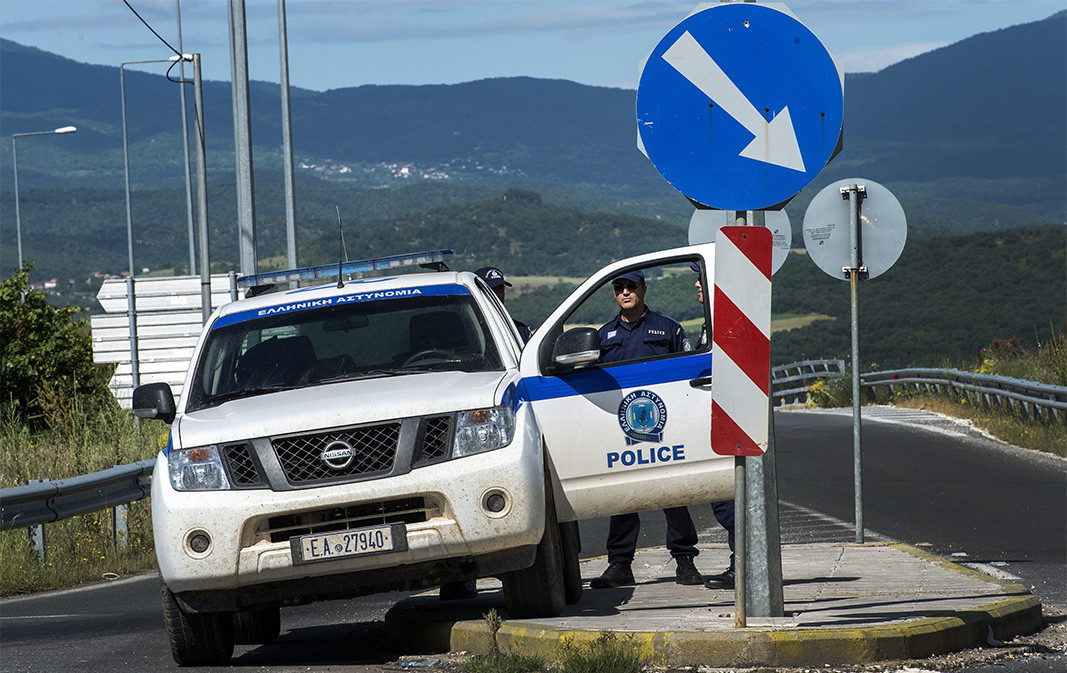
In a poll by Radio Bulgaria, citizens welcomed the idea of confiscating the vehicle of offenders who used alcohol or drugs, but expressed doubts whether the measure would be equally applicable to everyone:
"The possibility of confiscating cars has not been thought through," Kiril points out. “If this is a company vehicle, its confiscation would hinder the business. Also, if it became a widespread practice, I'm not sure how many parking lots would be needed to store the vehicles. How long will they stay there? Under what conditions the offender will be able to get it back, etc., are also important questions that remain unanswered."
"This change in the Penal Code will not solve the problem with this type of drivers; stronger control over its implementation and enforcement is needed. Most likely, it will again come to the point that some person with enough money would pay and would be released, without their vehicle being taken away," Rumen says.
"In our country, stricter laws are necessary, but it is even more important that they are applied and stay the same for everyone. The truth is that until now the laws have always been written for somebody and there are many loopholes through which they can be avoided. One change in a law does not solve the problems, the whole system must be checked - not only the Criminal Code, but also the Road Traffic Act, so that no exceptions are made and all offenders are punished.”
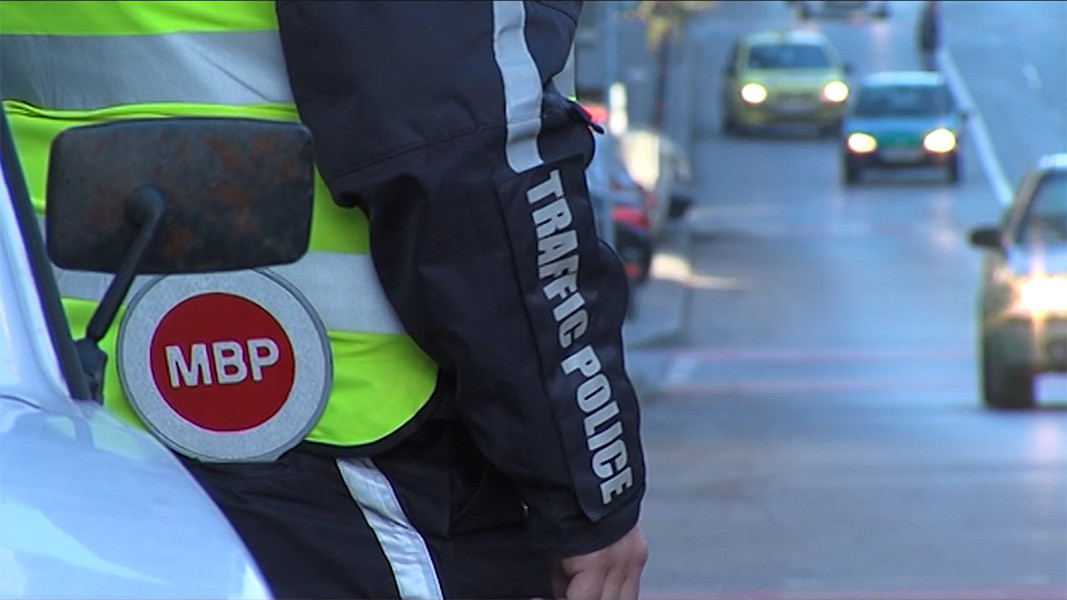
English version and publication: Al. Markov
Photos: BGNES, EPA/BGNES, bitelevision.com
The Bulgarian team is returning home with four medals from the Youth International Olympiad on Astronomy and Astrophysics (IOAA) , held in the Romanian city of Piatra Neamț, the Ministry of Education and Science announced. The competition brought..
The Association of Bulgarian Schools in America invites children from the Bulgarian community in North America to participate in a competition dedicated to November 1 - National Awakeners' Day, the organization announced on its..
Robert Joseph Miller, Bulgaria’s Honorary Consul in Nevada, was awarded the prestigious “Golden Laurel Branch” of the Ministry of Foreign Affairs for his exceptional merits in maintaining the diplomatic relations between the US and Bulgaria. The award..
The so-called Seal of Biliteracy was created in 2011 in the US state of California with the idea that in the conditions of a globalized..
On 27 October, the first meeting of Action CA-24150 “Values in Turbulent Times: Navigating Social Change and Challenges (VISTA)” took place in Brussels...
In the summer of 2014, photographer Philippe Bazin and philosopher Christiane Vollaire traveled around Bulgaria, investigating a series..

+359 2 9336 661
